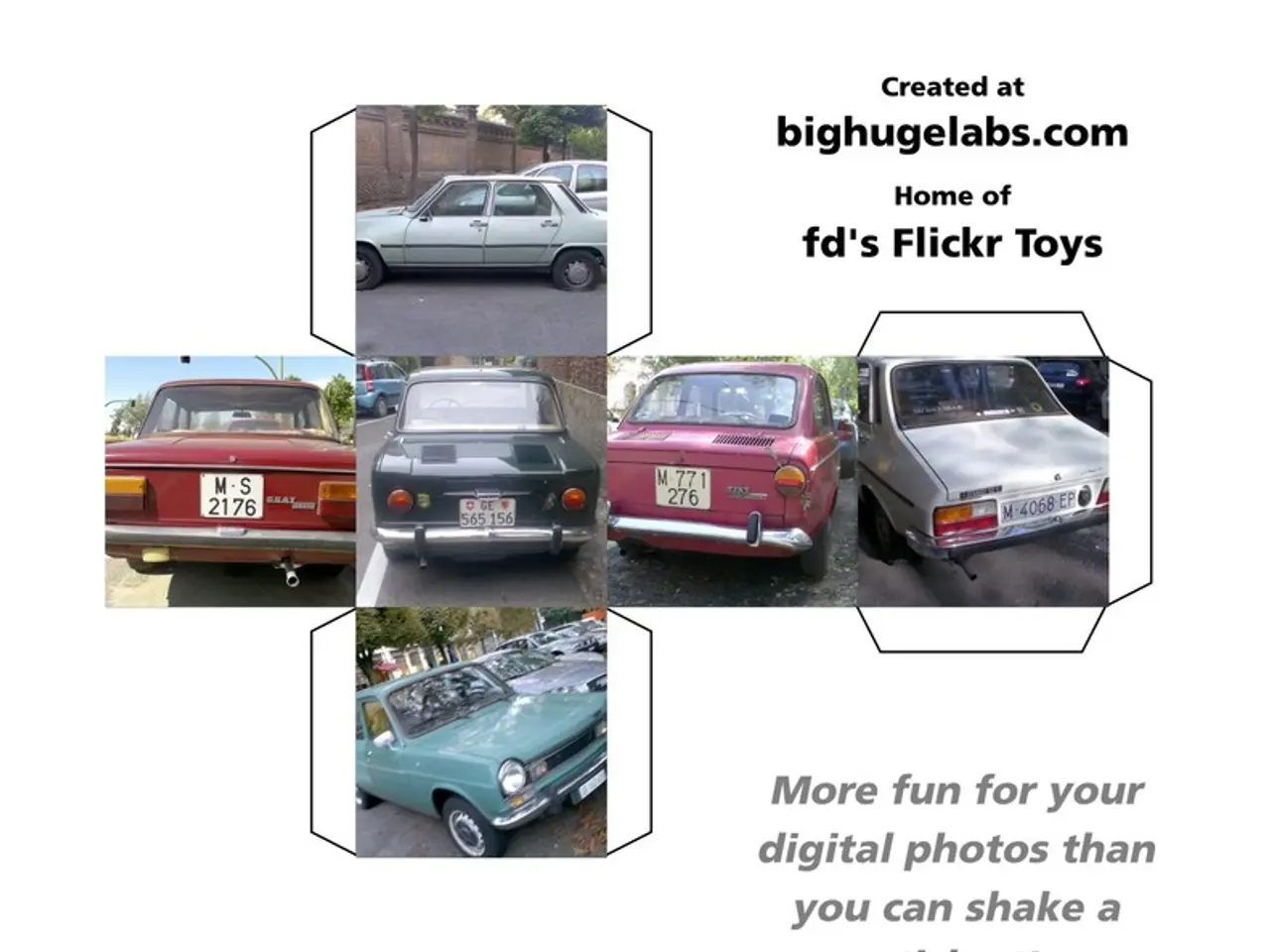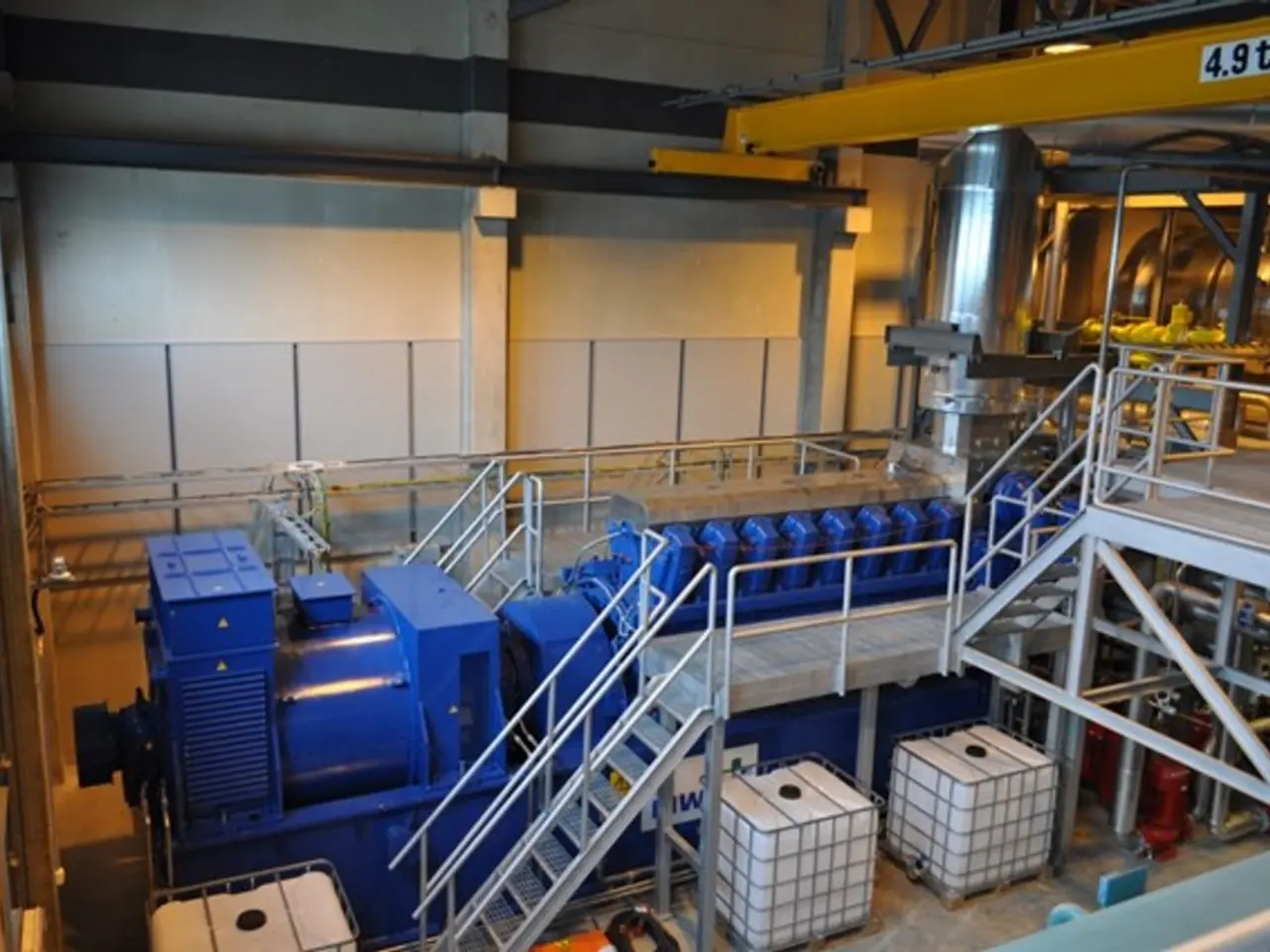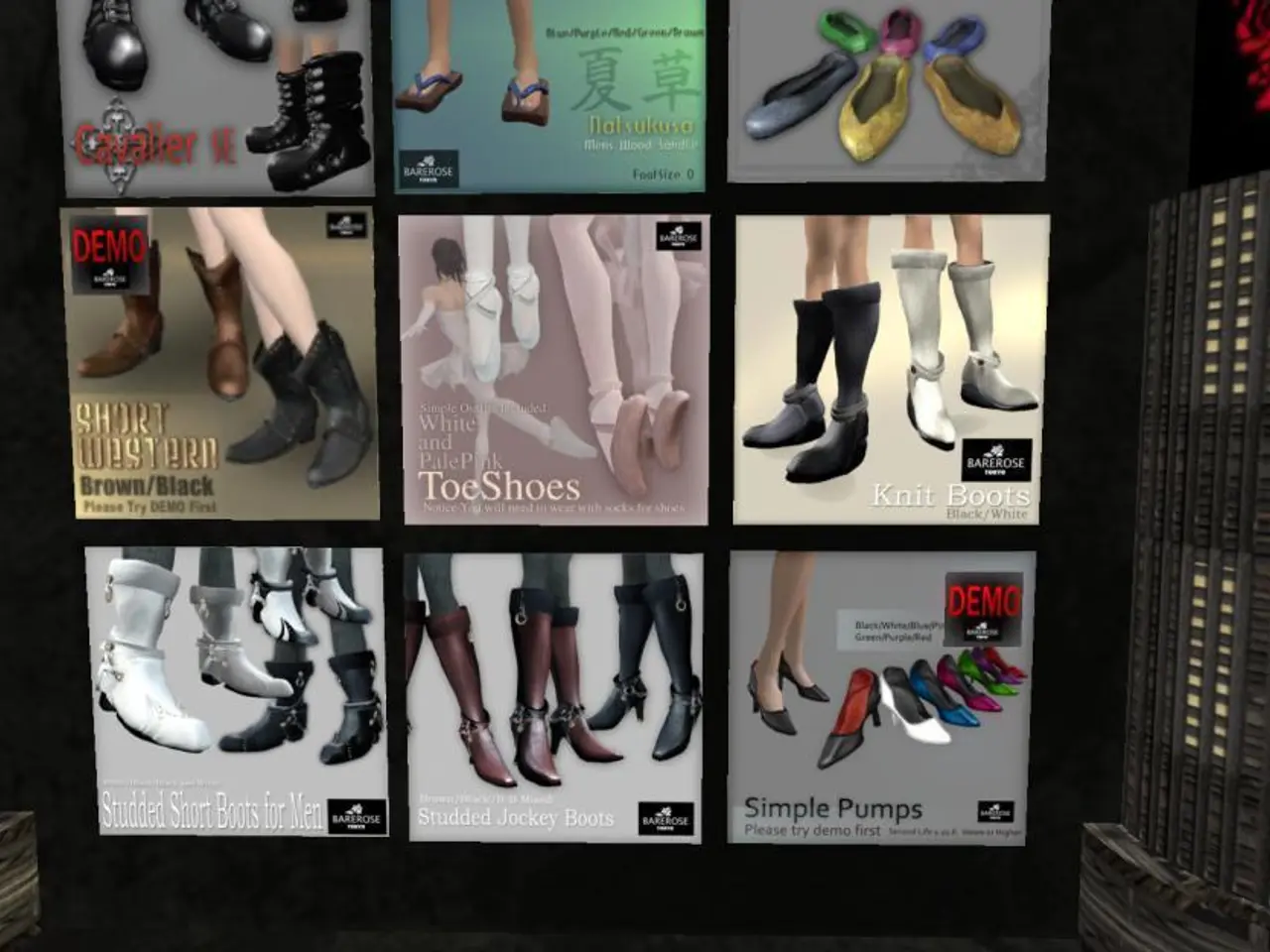Current Status of Auto Component Exports from India to the US
Auto parts exported from India encountering difficulty as Trump's imposed 25% tariffs take effect
India's auto component exports to the United States are facing challenges due to recent tariff hikes. The US is a significant market for Indian auto components, accounting for approximately 27% of India's total auto component exports[1][3][4]. However, the imposition of a 25% tariff on select Indian imports has made Indian exporters less competitive compared to countries like Japan, Vietnam, and Indonesia, which benefit from lower or preferential duties[1][4].
Impact and Response
The tariffs have reduced the competitiveness of Indian auto components in key segments such as off-highway and replacement tyres, as well as various automotive components[1]. In response, the Automotive Component Manufacturers Association of India (ACMA) has urged the industry to focus on self-reliance and competitiveness by emphasizing value addition, diversification, and domestic capacity building[4].
Comparison with Other Asian Countries Under USMCA
While the US-Mexico-Canada Agreement (USMCA) primarily involves North American countries, it's interesting to compare India's situation to other Asian countries in terms of preferential trade agreements and competitiveness. Countries like Japan, Vietnam, and Indonesia have strategic trade agreements or benefit from lower tariffs in certain markets, enhancing their export competitiveness[1]. On the other hand, India remains largely outside major trade agreements like the USMCA, which could limit its access to preferential tariffs enjoyed by other regions[5].
Key Statistics
- Despite these challenges, India's automobile exports have shown growth, with a 22% increase in the first quarter of 2025[2].
- In the fiscal year 2025, India's auto component exports to the US amounted to $9.5 billion, accounting for 27% of the total[1].
- India's auto component imports from the US were 7% in the fiscal year 2025[1].
Conclusion
The tariffs on auto component exports to the US have placed Indian exporters at a disadvantage compared to other Asian countries that enjoy preferential trade conditions. However, India's automotive industry is robust and continues to grow in terms of exports and domestic capabilities. Despite the challenges, the industry is responding by focusing on self-reliance and competitiveness, aiming to overcome the impact of tariffs and maintain its global competitiveness.
[1] ACMA, "India Auto Component Exports to US Faces Challenges, But Growth Remains Positive," ACMA, 2025.
[2] The Economic Times, "India's Auto Component Exports Show 22% Growth in Q1 2025," The Economic Times, 2025.
[3] The Hindu BusinessLine, "US Tariffs on Indian Auto Components: Impact and Response," The Hindu BusinessLine, 2025.
[4] The Financial Express, "ACMA Urges Indian Auto Components Industry to Focus on Self-Reliance and Competitiveness," The Financial Express, 2025.
[5] The Indian Express, "India's Auto Component Sector: Challenges and Opportunities," The Indian Express, 2025.
In the landscape of Asian countries, the tariffs on auto component exports from India to the US are making it less competitive compared to countries like Japan, Vietnam, and Indonesia, which have strategic trade agreements or lower tariffs in certain markets.
After facing challenges due to tariff hikes, the Indian auto component industry is responding by focusing on self-reliance and competitiveness, as emphasized by the Automotive Component Manufacturers Association of India (ACMA).








